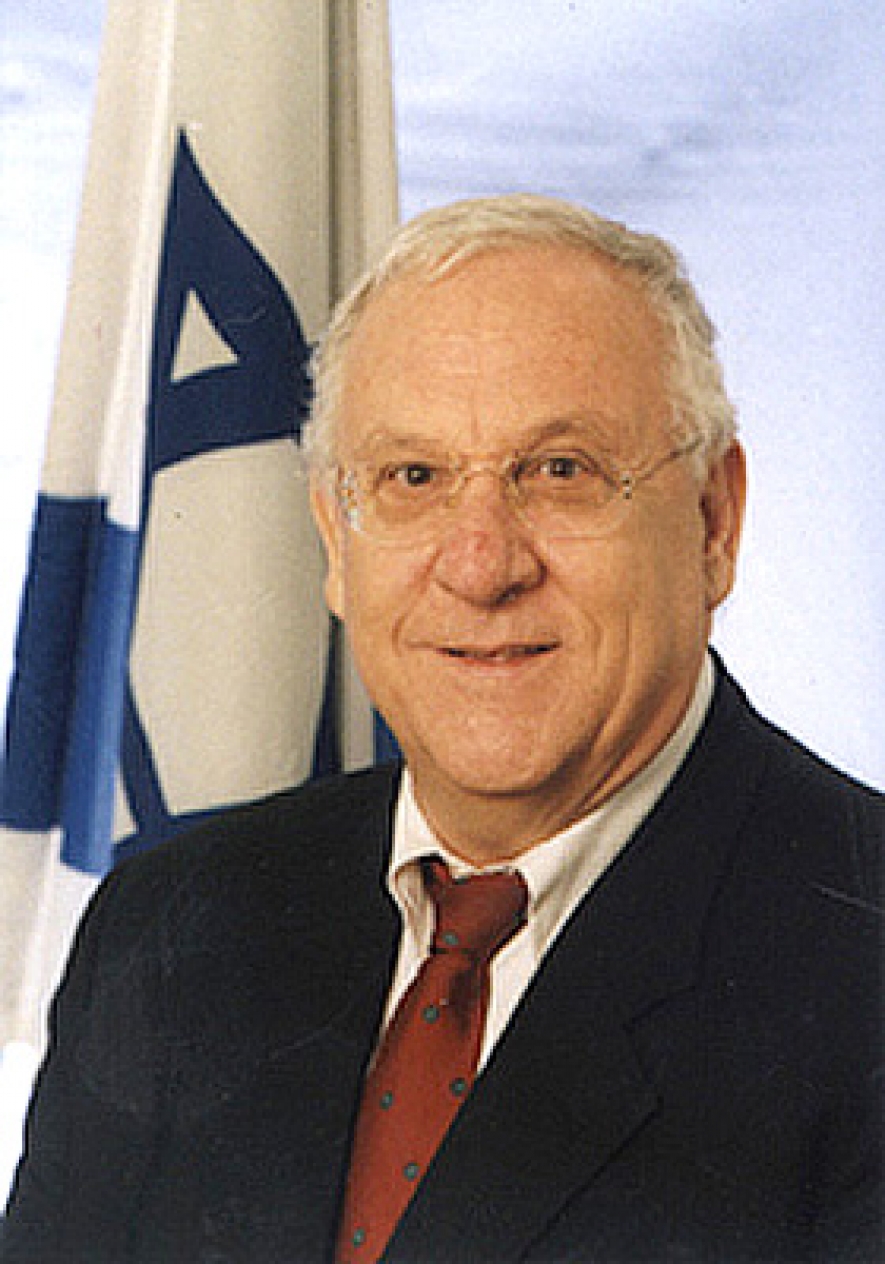Rivlin, a stalwart in the governing Likud Party, now faces the difficult task of succeeding Shimon Peres, a Nobel peace laureate who became an all-star on the international stage.
While the presidency is largely ceremonial, Rivlin's political views could be a liability when he represents the country overseas. His opposition to Palestinian independence puts him at odds with the international community and Israel's own prime minister.
Rivlin has been a longtime supporter of Jewish settlements in occupied lands claimed by the Palestinians. While rejecting Palestinian independence, he has proposed a special union with the Palestinians in which Jews and Arabs would hold common citizenship but vote for separate parliaments.
The president is meant to serve as a unifying figure and moral compass for the country, and Rivlin has said that in contrast to Peres, he would focus on domestic affairs if selected to the post.
Speaking at a Knesset ceremony to celebrate his election, Rivlin said his new position "commits me to remove the robe of politics," an indication that he may subdue his political beliefs as president.
"I am not a man of a [political] movement. I am a man of everyone. A man of the people," said Rivlin, visibly moved as he made his acceptance speech.
While most political power is held by the prime minister, the president plays several key roles in Israel, with the power to pardon prisoners and authority to choose the prime minister after national elections.
In this role, the president selects a member of parliament, or Knesset, to form a majority coalition after elections. This has usually been the leader of the party with the most seats in parliament. But with the rise of a number of midsize parties in parliament, Rivlin could theoretically have more influence over choosing the country's prime minister.
Rivlin dismissed speculation that he might be upset at Prime Minister Benjamin Netanyahu, a Likud rival who tried to block his candidacy, saying he was "not angry at anyone."
In a bid to lay to rest the rivalry, Netanyahu congratulated Rivlin and said he would work with him.
"I know you will do all you can as president and I promise that I as prime minister ... will do the same with you," he said.
Rivlin is to be sworn into office for a single, seven-year term on July 24. After Tuesday's vote, Peres called to congratulate him. Rivlin said it would be tough to follow Peres.
He has built a reputation for congeniality and as speaker of parliament, lawmakers considered him respectful of all opinions, even those of his fiercest rivals.




















